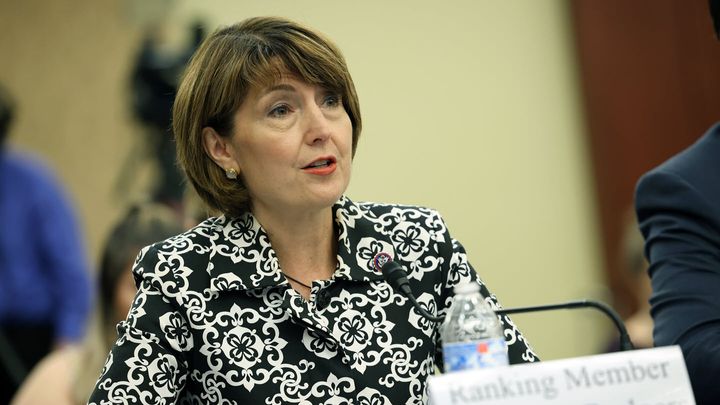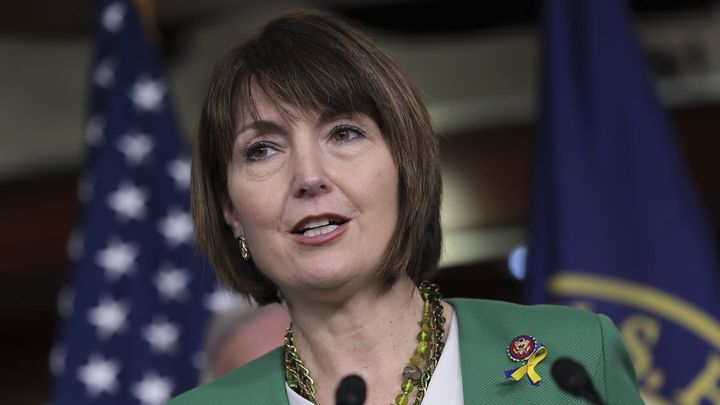With the House of Representatives widely expected to flip to Republican control in the next Congress, corporations and trade associations are starting to butter up the likely next chairman of the committee that makes laws regulating many industries, including health care, energy, and technology.
Cathy McMorris Rodgers, a Republican representative from Washington State, is currently the ranking member of the House Energy and Commerce Committee and first in line to be the chair when the committee comes under GOP control. Her district, Washington’s Fifth, is not considered competitive this election, and she is not facing a serious Republican primary challenger, yet business PACs are throwing more money at her than ever before.
From January 2021 through the first quarter of this year, McMorris Rodgers received nearly $1.7 million in campaign contributions from business PACs, more than any other House candidate, according to OpenSecrets. That haul puts her on pace to raise far more business PAC money than she ever has before in her prior elections. This is the first election cycle she has breached the top ten in the OpenSecrets rankings of House candidate business PAC recipients. Some of the PACs that have already maxed out to her with $10,000 contributions include ones affiliated with Amazon, Chevron, Pfizer, Verizon, and the National Association of Broadcasters.
Energy and Commerce is one of the so-called money committees whose members and chairmen typically raise large amounts of campaign money from donors in industries that have legislative business before it. It has the broadest jurisdiction of any congressional authorizing committee, covering issues including “health insurance, including Medicare and Medicaid,” “food, drug, device and cosmetic safety,” “national energy policy,” “electronic communications and the internet,” “consumer protection and product safety,” and more, according to its website. Many of the consumer issues that have been batted around by Congress in recent years, like the high costs of prescription drugs and clean energy standards, get referred to the Energy and Commerce Committee when members try to address them in legislative proposals, so having an ally at the helm of the committee is extremely valuable for business interests as the chair can easily kill legislation by not scheduling it for committee work.


